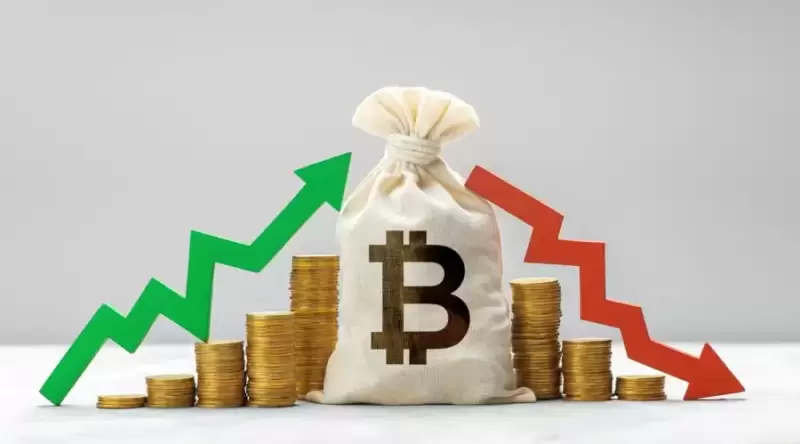 |
|
 |
|
 |
|
 |
|
 |
|
 |
|
 |
|
 |
|
 |
|
 |
|
 |
|
 |
|
 |
|
 |
|
 |
|
Cryptocurrency News Articles
Switzerland's central bank wants nothing to do with Bitcoin, no matter what happens in the United States
Mar 21, 2025 at 12:20 am
Even as Donald Trump, now back in the White House, pushes for a strategic Bitcoin reserve, the Swiss National Bank (SNB) has made it clear

Switzerland's central bank has no interest in buying Bitcoin, even as Donald Trump's administration pushes for it in the United States.
As the former president returns to the White House with an agenda that includes setting up a strategic Bitcoin reserve, the Swiss National Bank (SNB) remains unmoved.
“We do not have plans to buy crypto assets,” Martin Schlegel, the bank's vice chairman, told Blockworks in an interview at the SNB's Zurich headquarters on Thursday.
Instead, Schlegel highlighted Bitcoin's price swings, lack of legal protections and overall instability as key reasons why it wouldn't be part of the bank's balance sheet.
"For example, it's the preservation of value," Schlegel said of the SNB's foreign exchange reserves, which are used for monetary policy. "And as you know, cryptocurrencies have large fluctuations in value, so this is not a given."
"The question mark is also around the liquidity of these assets," he added. "We have traditional currencies, like the U.S. dollar or the Japanese yen, which are recognized legal tender and have deep liquidity markets. But if you look at Bitcoin or other crypto assets, they have limited legal recognition in most jurisdictions and their markets are relatively small and concentrated."
Unlike traditional currencies, which are issued and guaranteed by sovereign states, Schlegel said that Bitcoin is a software-based asset, rendering it susceptible to bugs, technical risks and potential malfunctions.
"In the case of Bitcoin, for instance, a critical software error or a widespread technical issue could potentially halt the entire network and leave users' funds inaccessible," he explained.
"While the probability of such extreme scenarios might be low, the potential consequences could be significant, especially in the context of monetary stability, which is the primary objective of the central bank."
The SNB's stance contrasts sharply with a popular initiative in Switzerland to force the central bank to hold Bitcoin in its reserves. The proposal, which has already gathered over 50,000 signatures, needs 100,000 by June 2026 to trigger a public vote.
If that threshold is reached, the Swiss public—not the central bank—will have the final say on whether Bitcoin becomes part of the nation's official reserves.
But even as Switzerland experiments with a wholesale central bank digital currency (CBDC) and the Trump administration pushes for U.S. involvement in Bitcoin, Schlegel's position seems set in stone.
Last November, Schlegel dismissed interest in Bitcoin as a "niche phenomenon" during a press conference.
Now, as the administration mulls including Bitcoin in U.S. monetary policy, Schlegel's response suggests that the SNB's policy is set in stone.
"We are aware of the discussions in the U.S., but our thinking remains the same: the SNB's foreign exchange reserves are used for monetary policy purposes and must meet specific criteria, such as stability of value, liquidity and legal certainty," Schlegel said.
"We do not see Bitcoin, at least at the moment, fulfilling these criteria to be included in the SNB's balance sheet."
Disclaimer:info@kdj.com
The information provided is not trading advice. kdj.com does not assume any responsibility for any investments made based on the information provided in this article. Cryptocurrencies are highly volatile and it is highly recommended that you invest with caution after thorough research!
If you believe that the content used on this website infringes your copyright, please contact us immediately (info@kdj.com) and we will delete it promptly.





























































